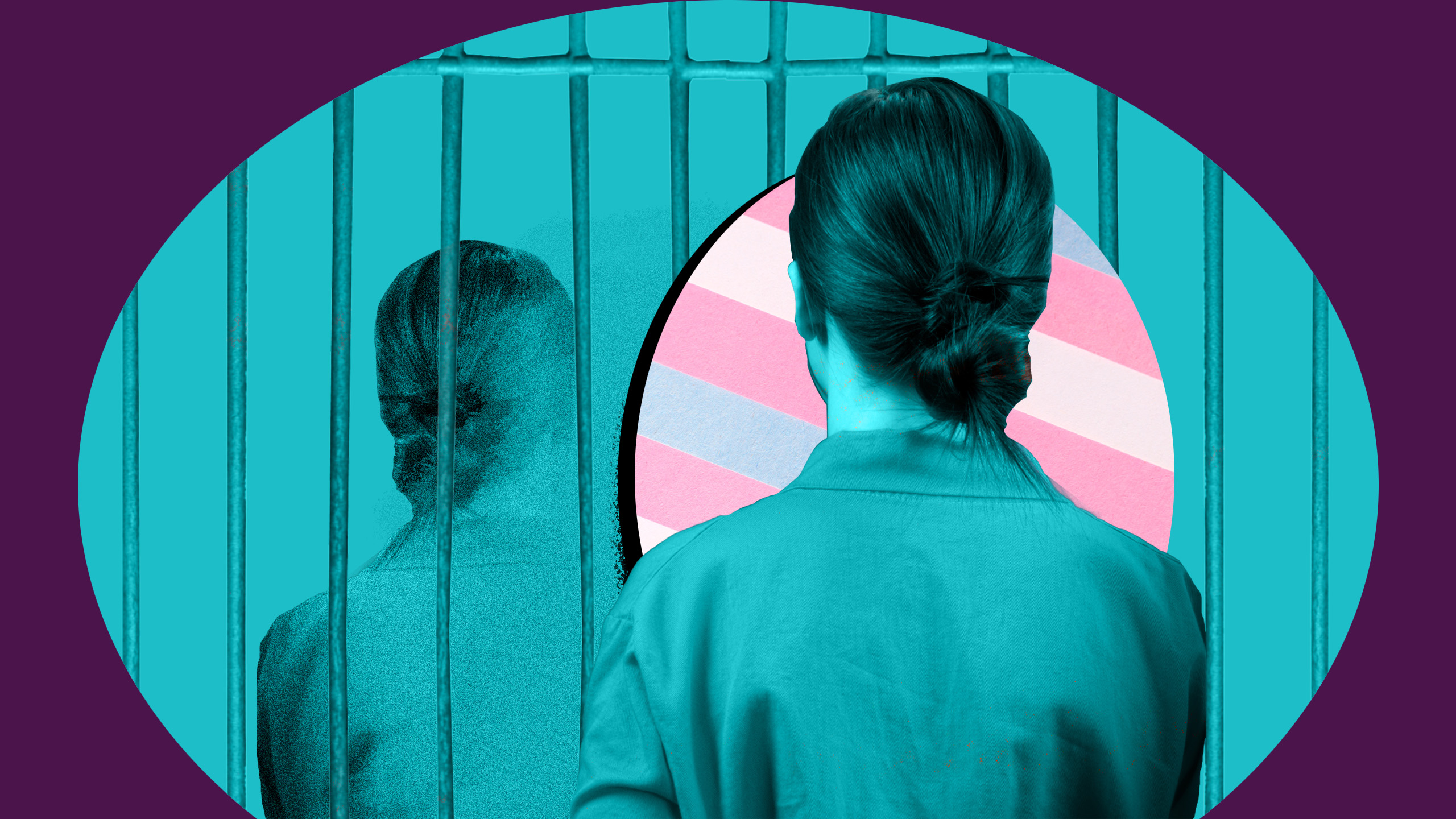The first gender-affirming surgery for a federal inmate in the United States could take place before the end of the year.
Following an order from Federal Judge Nancy J. Rosenstengel, the U.S. Bureau of Prisons (BOP) is now required to schedule a vaginoplasty for inmate Cristina Nichole Iglesias, who filed the lawsuit in September 2020, after the BOP failed to approve her surgery by a previous court-ordered deadline.
“This case represents a landmark step both for Cristina and for the hundreds of other transgender people in federal prisons,” says ACLU of Illinois staff attorney Joshua Blecher-Cohen, who spoke with Xtra over Zoom. “We’re hopeful that the judge’s court order means that Cristina will get the surgery she’s needed for years within the next few months. We’re excited that the judge understood the urgency of Christina’s case.”
Iglesias, who is serving a 20-year sentence, has been fighting for gender-affirming surgery since at least 2016, according to Cohen. Just last year, she was moved from a men’s prison to a woman’s prison—a move she’d been requesting since 1994.
The 47-year-old inmate had previously been housed in a federal women’s prison in Fort Worth, Texas, before being moved to a facility in Florida in early 2022, as The Dallas Morning News reports. Under the judge’s order, the surgery could take place in any state with a qualified surgeon.
The ACLU of Illinois, which is representing Iglesias, has called this the first gender-affirming surgery granted to a federal prisoner, although reports on the subject are conflicting. Xtra was able to obtain an excerpt from a November 2021 court hearing in which a Bureau of Prisons employee confirmed to Iglesias’s attorneys that the department has never provided an inmate with gender-affirming surgery.
But court filings in Iglesias’s case say the BOP approved another inmate for gender-affirming surgery back in October. Specifics regarding the individual’s identity and when the surgery will be held remain unclear.
Regardless of any milestones, Iglesias’s case marks a huge win for the approximately 1,200 trans inmates who currently reside in U.S. federal prisons, according to the U.S. Justice Department. Prior to the landmark decision, Iglesias told The Dallas Morning News that she is “hopeful” that she “will finally get the care I need to live my life fully as the woman I am.”
“BOP has denied me gender-affirming surgery for years—and keeps raising new excuses and putting new obstacles in my way,” she said in January. “I am grateful that the court recognized the urgency of my case and ordered BOP to act.”
Iglesias’s case comes in the midst of several developments concerning trans inmates. Earlier this year, the BOP reversed Trump-era guidance requiring corrections officers to “use biological sex as the initial determination” when deciding housing for trans people in prison. A previous policy under the Obama administration called for the committee to “recommend housing by gender identity when appropriate.”
The updated guidance also includes a new section on gender-affirming surgery, which was previously unaddressed.
Although it’s unclear when Iglesias’s surgery will take place, she has noted the profound effect that access to appropriate medical care has on the lives of trans inmates. In a statement posted to the ACLU’s website in January, she said that being denied the opportunity to surgically transition “had a huge impact on me, because I’m unable to complete myself.
“Not having a body that matches who I know myself to be affects me every moment of every day,” she said at the time. “It is very difficult and hard to keep hope.”


 Why you can trust Xtra
Why you can trust Xtra


